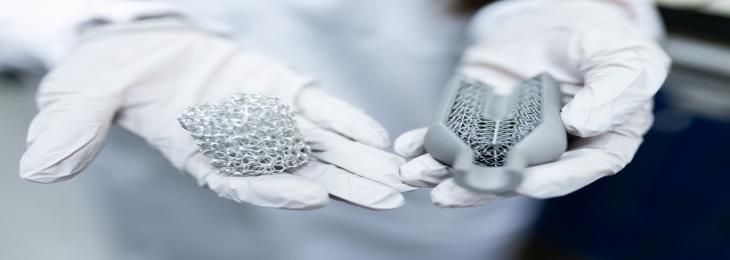Novel Sandwich-Styled Batteries Could Power EVs in Just 10 Minute Charge
Jun, 2021 - By SMI

Share
The battery developed by Harvard scientists possesses an internal design similar to a sandwich that could one day charge EVs within 10 minutes.
Scientists from Harvard University developed a new design that's promising as an experimental battery, the one which scientists say could result in electric cars charging up in as less as 10 minutes. Also, its alternative architecture claims of offering a way longer lifespan than comparable batteries, with the usage of high-performance lithium metal along with a solid electrolyte for keeping it stable even over several thousand cycles.
Scientists are hoping to enhance performance of current lithium-ion batteries through swapping the copper and graphite used as an anode for the lithium metal. The magnificent density and capacity of lithium metal proves it as an attractive substance for such purposes. These batteries lack stability due to little needle-like protrusions known as dendrites that form on the lithium metal anode's surface, making their way to liquid electrolyte, eroding the performance of the battery, many times resulting in short circuit and even catching fire.
As per the scientists, making use of a solid electrolyte in place of liquid one along with the volatile solvents is amongst the ways of avoiding this issue. There have been favorable potential solutions via research groups from MIT and Australia's Deakin University of late and scientists at Harvard scientists are now throwing a BLT (becon, lettuce, tomato) sandwich design into this mix.
The team pursued to protect this solid-state lithium metal battery from destruction driven by dendrites through constructing it from various layers, each having a distinct stability degree. These are placed between two electrodes, acting as bread and consists of graphite coating (lettuce), an initial layer of electrolyte (tomato), a second layer of electrolyte (bacon), and lastly again another first electrolyte layer (tomato again).
Moreover, these batteries are able to heal themselves through backfilling all gaps created by dendrites. While testing, the team discovered that the battery maintained its 82 % capacity even past 10,000 cycles and showed a kind of recent density that one day will allow EVs to charge in just 10 or 20 minutes.
Share
Stratagem Market Insights
533 Airport Boulevard, Suite 400, Burlingame, CA 94010, United States
Delivery Center
403, 4th Floor, Bremen Business Center
Aundh, Pune, Maharashtra 411007
India
